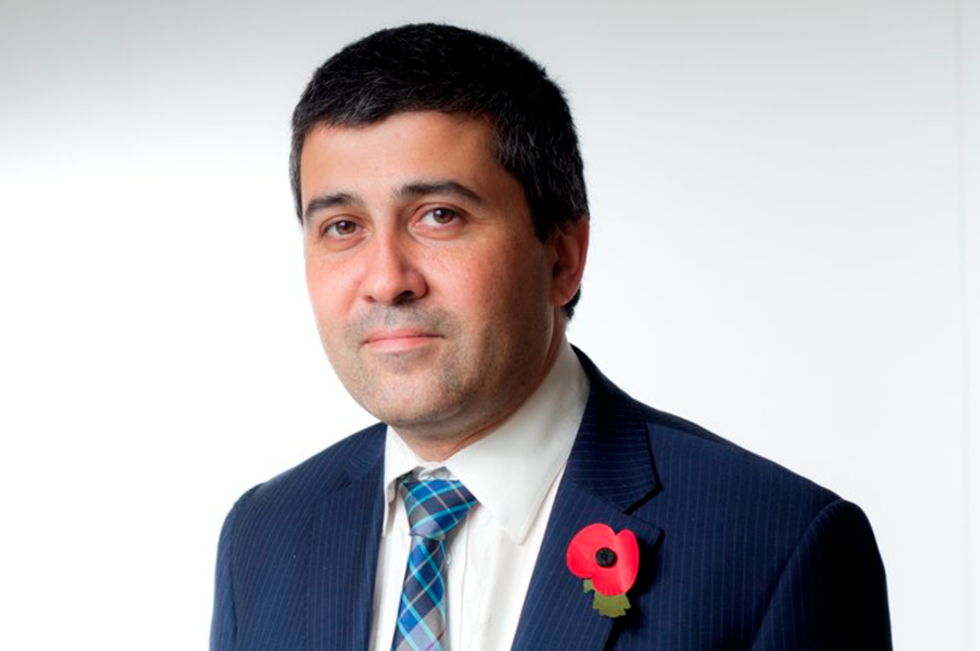THERE was a curious familiarity to the government’s announcement last Friday (28) afternoon, of a new process to propose a working definition of Islamophobia, just as Ramadan began.
If that work feels overdue, it is partly because this spring marks the sixth anniversary of an almost identical government announcement. That pledge came during the twilight months of prime minister Theresa May’s administration in May 2019. Her successor Boris Johnson’s government did nothing to fulfil it for three years. Rishi Sunak was prime minister by the time Michael Gove finally announced he would abandon the commitment.
Few words have been as contentious as Islamophobia since the Runnymede Trust coined “Islamophobia” back in 1997. But controversy is not a reason to keep ducking the challenge. It makes the case for a clear, legitimate and workable definition of anti-Muslim prejudice more important.
Getting the boundaries right is about protecting free speech while challenging prejudice. So a definition must be clear: it seeks to stop people being prejudiced against Muslims for being Muslims, but not to protect Islam, or any other faith, from criticism. Runnymede’s initial definition, in a report led by Trevor Phillips, included ‘unfounded hostility towards Islam’. Runnymede used its 20th anniversary to propose a narrower, more defensible definition, equating Islamophobia to ‘anti-Muslim racism’.
Since the term ‘Islamophobia’ puts the name of the faith ‘Islam’ first, rather than that of the followers ‘Muslims’ it inevitably generates confusion on this point. The government announcement is about “Anti-Muslim Hatred/Islamophobia” seemingly letting the working group itself navigate that challenge.
That Dominic Grieve KC has been asked by prime minister Sir Keir Starmer’s government to lead the effort to try again could be another cause for déjà vu. It is eight years since Grieve chaired a UK Commission on Muslims in public life, convened by Citizens UK. He called on both government and Muslim communities to work to fix a ‘broken relationship’ by taking proactive steps to end the stand-off. It was a good constructive report,but largely fell on deaf ears.
The launch of a new British Muslim Network made some progress last week. Health secretary Wes Streeting declared that he was at the crowded launch – “to represent His Majesty’s government” and to suggest ‘with humility’ that successive governments had not got these relationships right. “I am glad to see the government finally in the room” said the Bishop of Bradford Toby Howarth, as he ‘blessed’ the new network as a Christian ally.
A few online conspiracists falsely suggested the new network could be government creation – implausibly exaggerating both the civic reach and organising capacity of the Starmer administration. The conversations to create the network long predate the general election.
The quartet of men and women who led the launch – Imams Qari Asim and Asim Hafiz; civic champions Akeela Ahmed and Julie Siddiqi – have long track records in community relations in the decades since 7/7. The Today Programme’s first question was what is wrong with existing groups like the Muslim Council of Britain, as if there are not hundreds of Jewish, Christian and Muslim charities in this country. It may reflect an old ‘communities of communities’ multiculturalism model, where governments may find it convenient if every minority faith could anoint a proxy Archbishop too. But this century needs bridgers much more than a new generation of gatekeepers.
Ahmed shared a childhood memory of being hidden in a cafe kitchen, aged three, when her parents were attacked by National Front thugs. Years later, she heard the police had done nothing. So, Ahmed thanked the police for putting themselves in danger to protect Muslims in Southport last summer. With parents from Gujarat and Cork, I grew up as a mixed-race Irish Catholic with an Indian surname. I recognise the era Ahmed recalled, when the P-word was used indiscriminately. I feel like this society has changed for the better for people like me – the Kick It Out campaign in football, the IRA ceasefire and Goodness Gracious Me on the telly all made a difference. The period after 9/11 and 7/7 often felt different for those who are Muslim.
The British Muslim Network has a big job to amplify the sheer pluralism of voices – across genders, generations, geography – among four million Muslims: six per cent of our society. But my message as an ally was that we should not expect the minority under pressure to sort out the 94 per cent – the other 50 million of us, too.
Tackling prejudice towards Muslims has to be a job for us all. ‘Not all non-Muslims’ are prejudiced, of course. Most think anti-Muslim prejudice is a problem. Reaching the toughest quarter of society, where casual tropes and prejudices are too common is tough. Tackling the type of hatred, fear and threat perceptions that drove the riots is harder, still.
Getting the definition right matters. But the purpose is not to measure anti-Muslim prejudice – but the actions and alliances we need to shrink it.

Sunder Katwala is the director of thinktank British Future and the author of the book How to Be a Patriot: The must-read book on British national identity and immigration


















